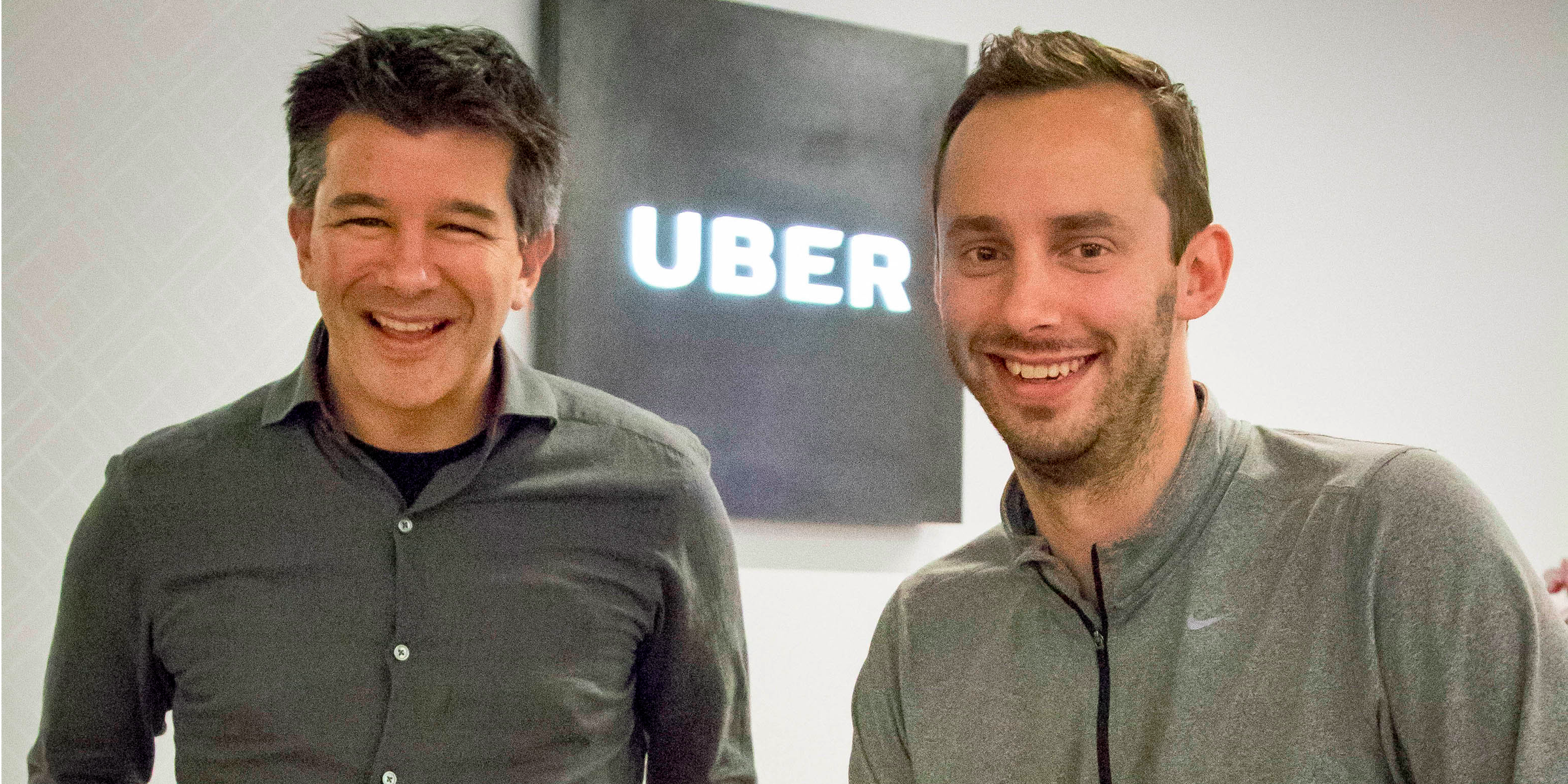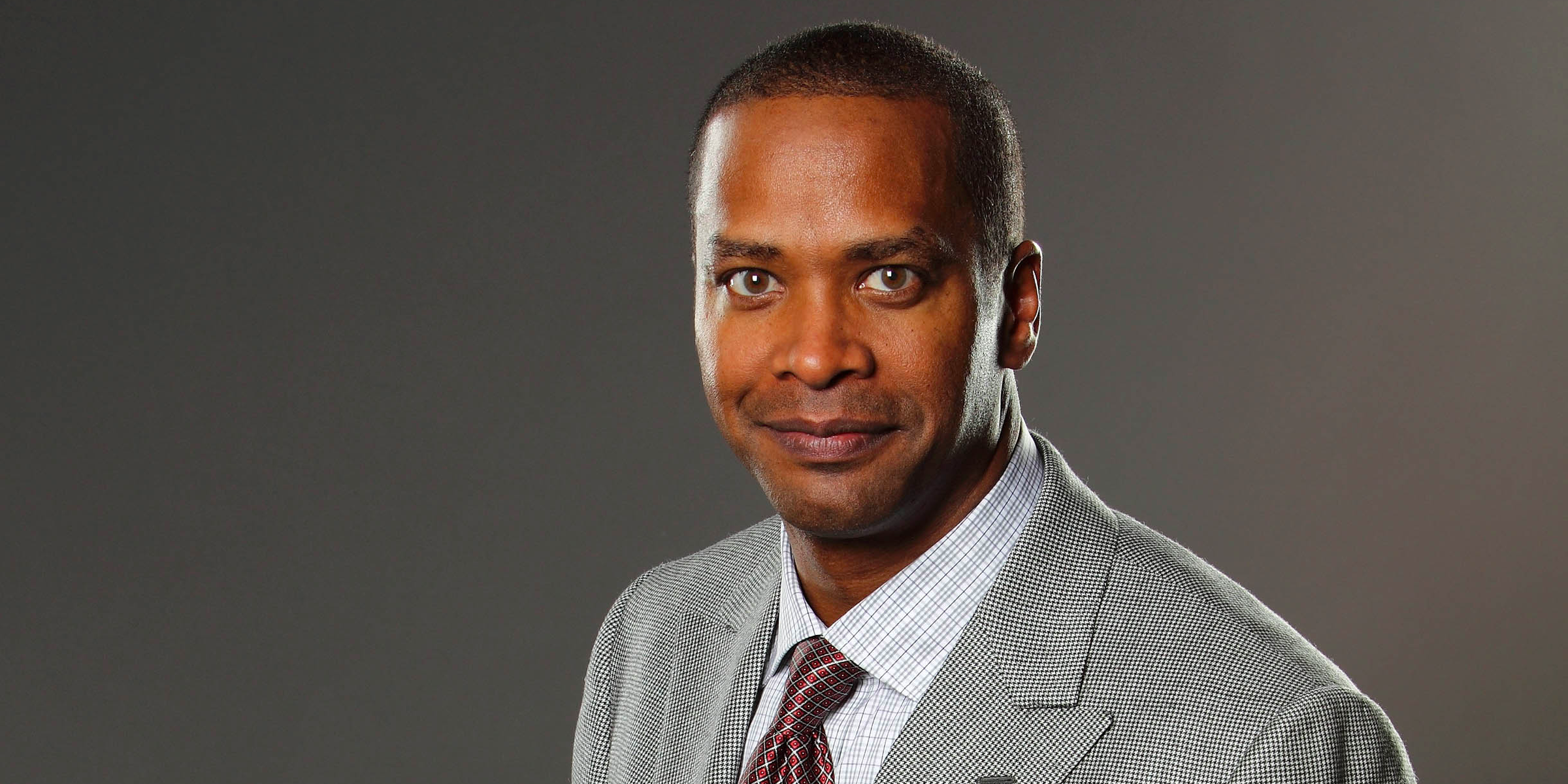Steve Kovach March 18, 2017 at 05:00AM

The first self-driving car prototypes are already navigating the roads in a few cities. But the real action is about to take place in the courtroom.
Google and Uber, the two giants at the forefront of developing the technology, are vying to own the emerging market and to suck up the profits.
The stakes are high and the fight is already getting personal, with Google accusing one of its star engineers of stealing some of its crown jewels.
Last month, Waymo, the self-driving company owned by Google's parent company Alphabet, sued Uber, claiming that one of its employees stole vital technology shortly before starting his own self-driving company (which Uber later acquired).
Autonomous cars have the potential to upend massive industries ranging from transportation to auto manufacturing. For Google and Uber, the opportunity and the threat posed by a world of self-driving vehicles is huge.
Google has been developing self-driving technology for the better part of a decade, and plans to license that technology to other car companies through Waymo. There's also a chance Waymo will eventually develop its own ride-hailing service powered by self-driving cars to compete directly with Uber.
Uber only recently began exploring self-driving technology, but sees it as the next logical step to protect its business. One of the company's biggest expenses comes from giving drivers a share of the revenue generated on each ride. Cutting out the drivers in favor of self-driving cars would be huge for Uber's bottom line. (And, of course, bad for the drivers who rely on Uber to make a living.) If someone else beats Uber to that self-driving future, Uber will be at a major, perhaps fatal, disadvantage.
The trade secrets case is shaping up to be one of the most significant and closely-watched battles in Silicon Valley in years, pitting two of the world's most powerful companies, and former partners, against each other. There's still a long way to go before it's resolved, but here's everything you need to know about what's happened so far.
Who's involved?

Waymo. Last year, Google's self-driving car project spun out of X, the Alphabet division that dreams up "moonshot" projects like internet balloons and delivery drones. The new company is called Waymo and licenses its technology to other car companies that want to build self-driving cars. Waymo has already partnered with Fiat Chrysler.
Uber. Uber, the ride-hailing company valued at $69 billion in the private market, is developing self-driving cars, which it believes will one day replace most of its human drivers.
Anthony Levandowski. Levandowski is Uber's self-driving car boss. He was a top executive in Google's self-driving car division and left in 2016 to start Otto, a self-driving truck startup.
Otto. Otto was bought by Uber last year, a bet by Uber on self-driving cars as well as an effort by the company to expand into the logistics business with self-driving cargo trucks.
Waymo's claims
Waymo accuses Uber and Otto of stealing its lidar technology. Lidar is the sensor on self-driving cars that allow them to "see" the world as they drive themselves. It's an essential component for self-driving vehicles.
Waymo's lawsuit says that Levandowski downloaded 9.7 gigabytes of files containing information about the company's self-driving technology to his laptop and then transferred those files to another external storage device. Those files included plans for Waymo's proprietary lidar system, Waymo says.
Levandowski left Google's self-driving division in January of 2016, weeks after downloading the files, Waymo says. He later went on to start Otto, which Uber bought six months later. Levandowski became the head of Uber's self-driving efforts.

Waymo says it was accidentally sent an email from one of Uber/Otto's suppliers for lidar equipment late in 2016. The lidar designs in the email "bore a striking resemblance to Waymo’s unique lidar design," Waymo says. This caused Waymo to investigate Levandowski's final weeks at Uber and the company says it discovered evidence that he downloaded the files to the external device.
In addition to the lawsuit it filed in February, Waymo asked a judge last week to put a ban on Uber's self-driving car projects until the case is resolved.
Uber's defense
Uber hasn't issued a formal, legal response to Waymo's lawsuit yet, though it is expected to in the coming weeks. However, according to a Bloomberg report published Thursday, we have an idea one of Uber's potential defenses.
According to the report, Levandowski told his staff that Uber's lidar technology is "clean" and that he downloaded those files to his computer so that he could work from home.
Uber has only called Waymo's accusations a "baseless attempt to slow down a competitor."
Alphabet's ties to Uber
There's another piece to the puzzle. Alphabet has made significant investments in Uber. In a strange way, Uber's success also financially benefits Alphabet.
In 2013, Google Ventures (now simply called GV), invested $258 million in Uber. That investment, which had Uber valued at $3.5 billion at the time, gave GV about a 7% stake in the company, Kara Swisher reported at the time, writing for AllThingsD. Uber is now valued at approximately $69 billion, according to most estimates.
An Alphabet executive, David Drummond, also used to be on Uber's board, but left in August of 2016 once it became clear the two companies were competing in the same space.

What's next?
The next major development will be Uber's legal filing responding to Waymo's lawsuit. The judge in the case has given Uber until April 7 to file, but Uber's lawyer said it's coming within the next two weeks. So far, we don't know much about how Uber will respond, but it seems likely it'll want to use Levandowski's defense that he downloaded the files to his computer so he could work from home.
SEE ALSO: Google says the voice ads on Google Home aren't really ads
Join the conversation about this story »
NOW WATCH: We took a ride in Uber’s new self-driving car on the streets of San Francisco — here's what it was like
Everything you need to know about the Google lawsuit that could derail Uber's future (GOOG, GOOGL) from Business Insider: Steve Kovach




